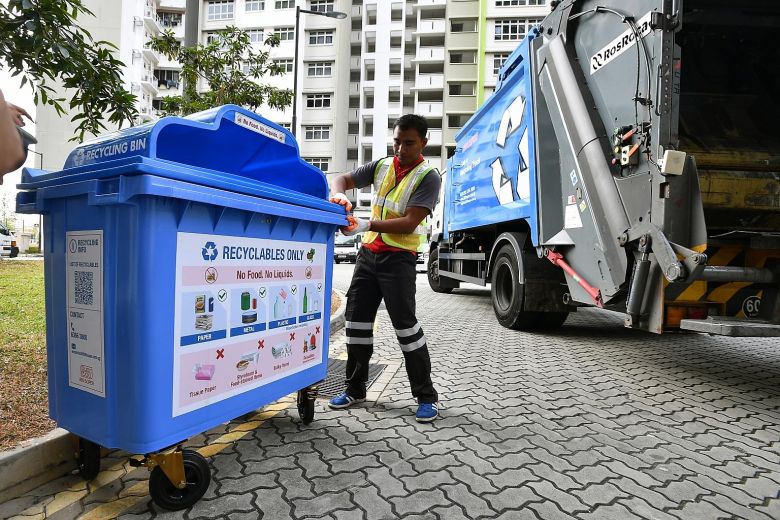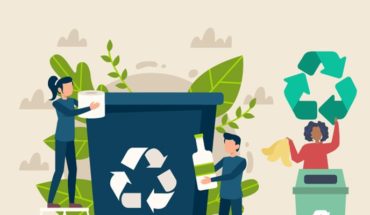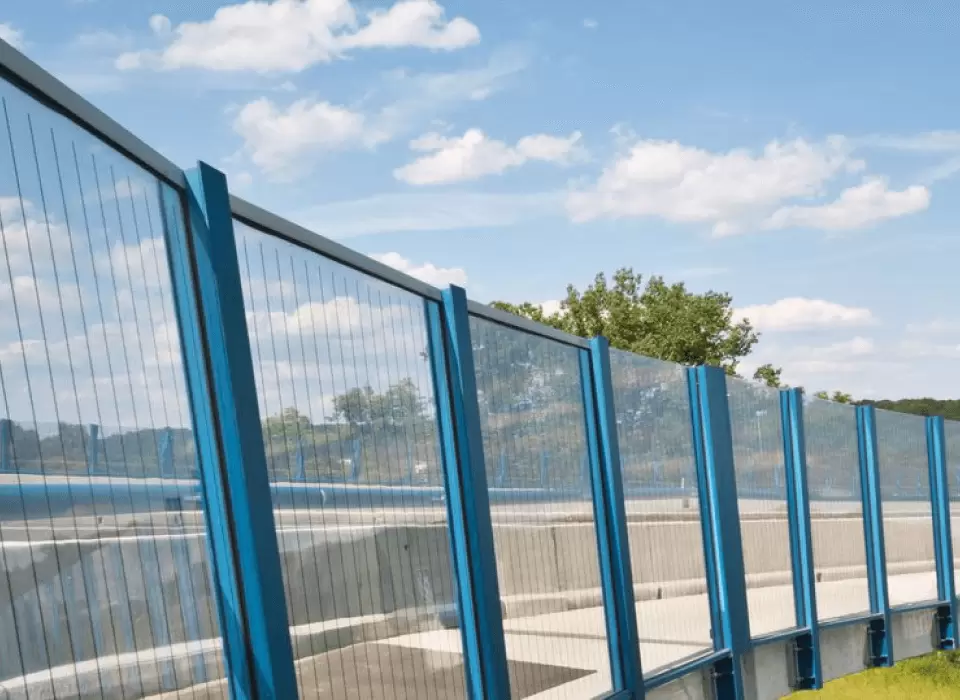Waste management also called waste disposal. It is the process of managing waste from inception to final disposal. Its process consists of collection, transport, disposing of waste after treatment. Waste is of three types like solid, liquid, or gas. Each type has its unique method for disposing or treating it. Waste management includes industrial, biological, and household. Waste can be hazardous for human health and the environment. Waste management is done to save the environment, animals, and humans from diseases.
The process of waste management differs from country to country, region to region. Residential and industrial waste has different methods of disposing of waste. Municipal solid waste is managed by the government. This waste is a group of industrial, household, and commercial activities.
Industrial Waste Disposal
Industrial waste is mainly created because of business activities. During the manufacturing process, most of the irrelevant waste left behind. Industrial waste is of many types. These include masonry, concrete, dirt, gravel, scrap metal, solvents, oil, chemicals, scrap lumber, vegetables from the restaurant. The nature of industrial waste can be solid, liquid, or gaseous. These can be hazardous or non-hazardous. Hazardous waste mainly consists of ignitable, toxic, reactive, corrosive, or radioactive. Mostly industrial waste degrade environment by polluting river, soil, or even ocean. This ultimately leads to a rise in temperature, natural calamities, and a decrease in the ozone layer. Municipal waste got mixed with industrial waste and created difficulty in assessing the type and process for treatment. Many countries make strict laws in this field, but enforcement is the real issue.

How One Can Manage Industrial Waste?
Industrial waste management requires money, efforts, and techniques. We need to manage it in such a way that it will not leave any side effects on the environment. Industrial waste disposal Singapore is done by integrated thinking. They follow the integrated planning to achieve the goal of zero waste, zero landfilling. They faced a huge problem of waste as it is a highly urbanized island nation. Seeing the problem, they set integrated solid waste management systems. These systems incorporate recycling, collection, and disposal. The national environment agency of Singapore has set up many programs to promote waste management. The very first objective of any government is to reduce waste. Afterward, they made any solutions and techniques for disposing of waste. Segregation, recycling, use of landfills, composting are the four basic methods of managing any industrial waste. Segregation includes separating waste types like glass, building materials, and plastic. This is done because every waste takes its own time to decompose. Landfill includes burring waste in the land, but it has many side effects too. Composting is the conversion of waste into organic components that you can use to feed plants. Recycling is using material again, like plastic bottles.




